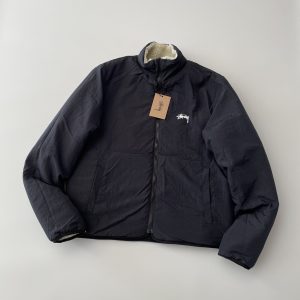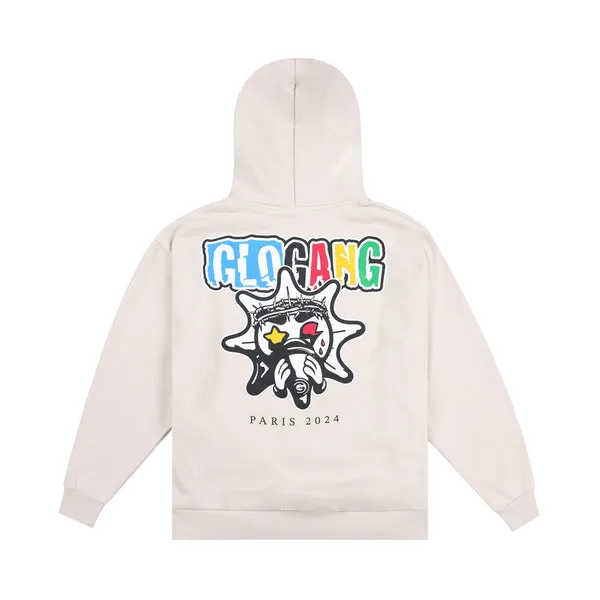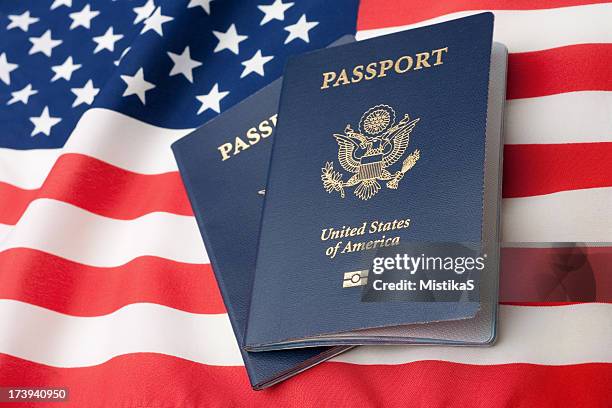
Choosing the best products for your baby can be overwhelming, especially when you walk into the baby care aisle and see the endless array of options. As a parent, your primary concern is your child’s safety and well-being, which makes selecting safe baby products, including baby body wash, crucial. With babies’ delicate skin and health vulnerabilities, knowing how to identify and choose products that are gentle yet effective is key.
This article will guide you through selecting safe baby body wash and other baby care products, focusing on what to look for, what to avoid, and how to make the best choices for your little one.
1. Understand Why Safe Baby Products Matter
Babies’ skin is thinner and more sensitive than adults’, meaning it absorbs chemicals more easily. This makes it essential to use products that are free from harmful ingredients. Moreover, babies are more prone to skin irritation, allergies, and dryness. When choosing products like baby body wash, you want something gentle that doesn’t strip the natural oils from their skin.
Chemicals commonly found in adult skin care products can be too harsh for babies and lead to rashes, redness, and discomfort. Long-term exposure to certain chemicals may even have health consequences. Therefore, opting for safe baby products isn’t just a trend; it’s a protective measure for your child’s future health.
2. Key Ingredients to Look for in Baby Body Wash
When it comes to baby body wash, there are a few key ingredients you should look for to ensure the product is safe and gentle on your baby’s skin:
- Natural Oils: Look for body washes that contain oils like coconut oil, almond oil, or olive oil. These oils are known for their moisturizing properties and help retain your baby’s skin moisture.
- Aloe Vera: Aloe Vera is a natural, soothing ingredient that helps with dry skin and provides a gentle cleanse. It can also be calming for babies with sensitive or irritated skin.
- Glycerin: Glycerin is a humectant that draws moisture into the skin, making it soft and hydrated. It is safe for babies and is often found in moisturizing baby body washes.
- Chamomile: Chamomile is often included in baby products for its calming and anti-inflammatory properties. It’s excellent for soothing baby skin, especially if your baby is prone to rashes or eczema.
3. Ingredients to Avoid in Baby Products
Many commercially available baby body washes and products contain chemicals that are harsh and potentially harmful to your baby’s delicate skin. When shopping for safe baby products, make sure to avoid the following ingredients:
- Parabens: Parabens are preservatives used to extend the shelf life of products. However, they have been linked to hormonal disruptions and may not be safe for babies. Always choose a paraben-free baby body wash.
- Sulfates (SLS/SLES): Sulfates are commonly used in personal care products to create lather. While they can make products foam up nicely, they are also known to strip away the skin’s natural oils, leaving your baby’s skin dry and irritated. Opt for sulfate-free baby body washes.
- Phthalates: Phthalates are often added to make fragrances last longer, but they have been associated with developmental and reproductive issues. It’s best to choose fragrance-free or naturally fragranced baby products.
- Synthetic Fragrances: Artificial fragrances are made from chemicals, some of which may cause allergic reactions, skin irritation, and respiratory issues in babies. When possible, choose products labeled as fragrance-free or those using natural essential oils for scent.
- Formaldehyde and Formaldehyde-releasing Agents: These are used as preservatives in some baby products, but they are known carcinogens. Formaldehyde exposure can also lead to skin irritation and allergies.
4. Opt for Hypoallergenic and Dermatologist-Tested Products
One important factor when selecting baby body wash and baby care products is to look for labels like “hypoallergenic” and “dermatologist-tested.” Hypoallergenic products are formulated to minimize the risk of allergic reactions, which is especially important for babies with sensitive skin. Similarly, dermatologist-tested products have undergone evaluations to ensure they’re safe for sensitive skin types.
5. The Importance of pH-Balanced Products
The skin’s natural pH is slightly acidic, which helps maintain a healthy barrier against bacteria and environmental pollutants. Many adult soaps and cleansers have a high pH that can disrupt this natural balance, leading to dryness or irritation. When choosing a baby body wash, make sure it’s pH-balanced, meaning it’s formulated to align with your baby’s skin pH, usually around 5.5. This helps preserve the skin’s natural barrier and keeps it healthy.
6. Choose Organic and Natural When Possible
Organic and natural baby products are often free from harmful chemicals, synthetic fragrances, and pesticides. While “organic” doesn’t always mean “better,” in many cases, organic baby body washes are gentler on the skin and made from plant-based ingredients. Natural products tend to use fewer harsh chemicals, making them ideal for babies with allergies or sensitive skin.
However, just because a product is labeled “natural” or “organic” doesn’t automatically mean it’s safe. Always read the ingredient list and do your own research before purchasing.
7. Fragrance-Free vs. Unscented Products
Many parents assume that “unscented” baby body wash means it is free from fragrance, but this isn’t always the case. Unscented products may still contain fragrance-masking chemicals. On the other hand, “fragrance-free” products don’t contain added fragrances, which makes them a better option for babies, especially those with sensitive skin. If you prefer a scented product, choose one that uses natural essential oils instead of synthetic fragrances.
8. Baby Product Certifications to Look For
When shopping for baby products, certifications can help ensure you’re buying safe and trusted items. Here are a few certifications that indicate high safety standards:
- USDA Organic: Products with this label contain at least 95% organic ingredients, which means they are free from harmful chemicals, synthetic pesticides, and genetically modified organisms.
- EWG Verified: The Environmental Working Group (EWG) certifies products that meet strict health standards, including being free from harmful chemicals and toxins.
- Leaping Bunny: This certification ensures that no animal testing was used in the development of the product, which is important for parents concerned with cruelty-free practices.
9. Patch Testing New Products
Even when you choose the best baby body wash or baby products, it’s still wise to perform a patch test before using it all over your baby’s body. Apply a small amount of the product on a small area of your baby’s skin, like the inner forearm, and wait for 24 hours. If no redness, irritation, or swelling occurs, the product is likely safe to use. This simple test can help prevent unexpected allergic reactions.
10. Trust Your Instincts and Read Reviews
Parenting involves a lot of intuition, and often, your instincts can guide you in the right direction. If you feel uncertain about a product’s ingredients or if something seems off, don’t hesitate to look for alternatives. Additionally, reading reviews from other parents can provide valuable insight into how well a product works, especially when it comes to sensitive skin.
Conclusion
Choosing the right baby body wash and other safe baby products is essential for protecting your child’s delicate skin and health. By focusing on natural, gentle, and safe ingredients, and avoiding harmful chemicals like parabens, sulfates, and synthetic fragrances, you can ensure your baby gets the care they need without unnecessary risks.
Always remember to patch test new products, look for pH-balanced options, and trust reputable certifications when selecting products. With careful consideration, you can make informed choices that will keep your baby’s skin healthy, soft, and irritation-free.




